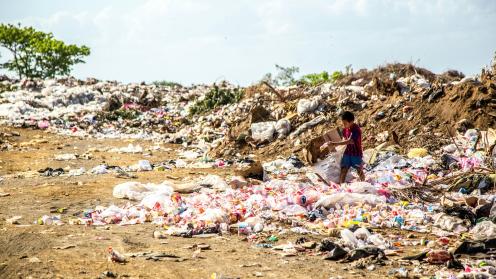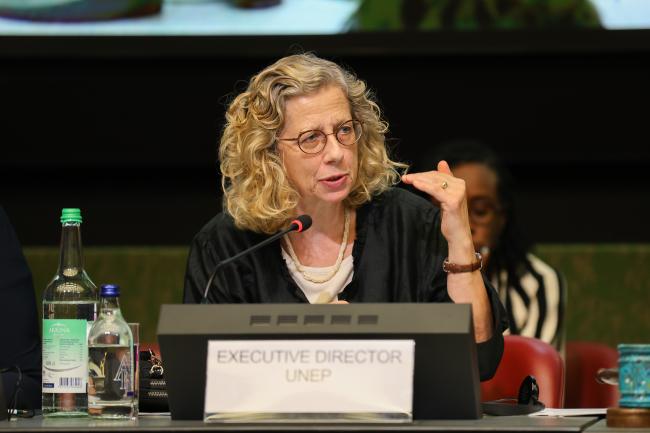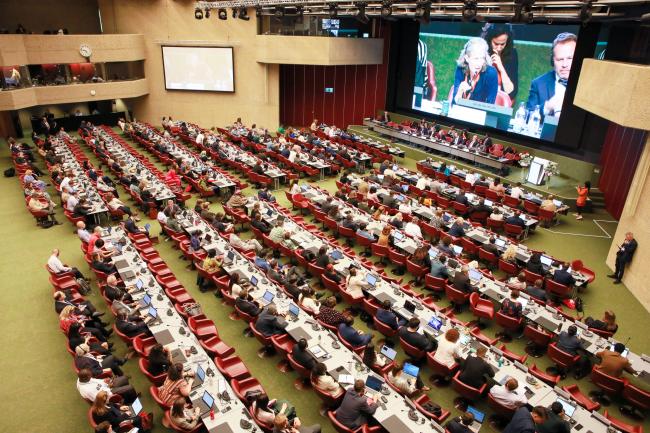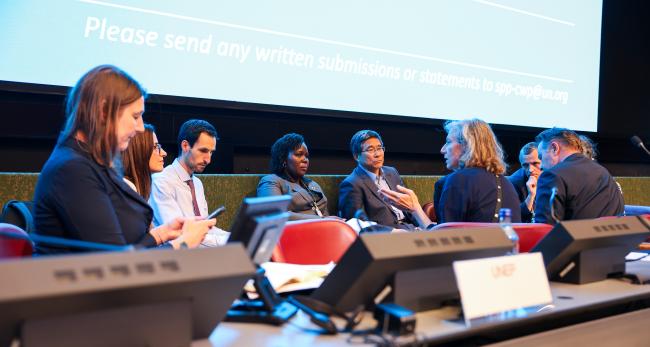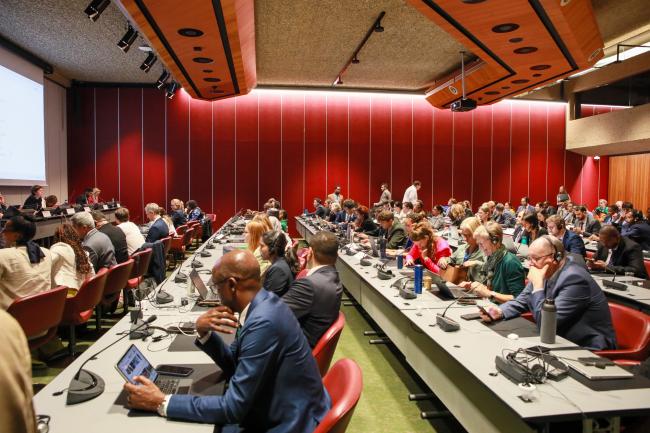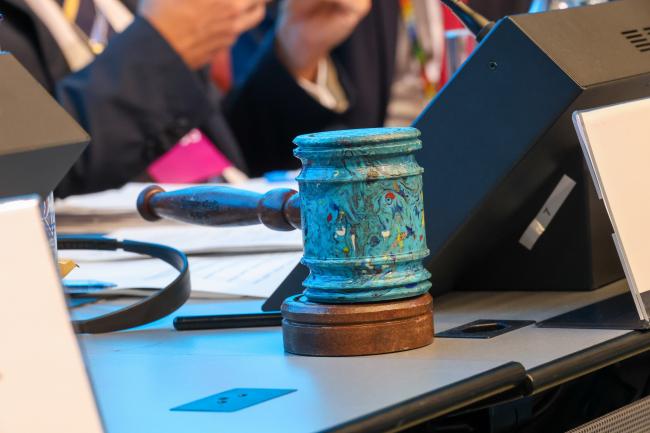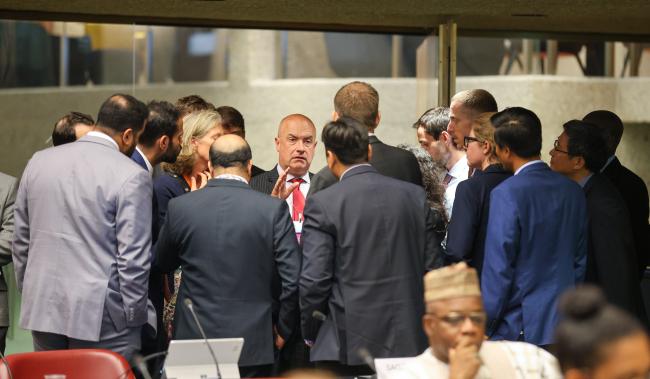Once designed, institutions often endure relatively unchanged. This meeting is designing a new panel to bring scientific advice to policymakers to improve chemicals and waste management. The decisions they make will last and shape how science can help protect human health and the environment.
As we learn more about the health and environmental toll of chemicals and waste pollution, the picture looks more dire. Chemical pollution can impact fertility, cognition, and food safety (to name a few). Air pollution may have surpassed smoking as the leading cause of disease and death. There is general understanding that the unsafe and unsustainable management of chemicals and waste is polluting air, land, and water, and threatens health and ecosystems. But, scientific understanding at global, regional, and national levels is still fragmented.
With stakes this high, and time down to the final hours, UN Environment Programme Executive Director Inger Anderson intervened. She outlined what needed to be finished and what documents could wait. She set out a substantive path forward, urging delegates to cut the foundational document (the main deliverable due at this meeting) to “its essence.” She concluded with a vision: that she would stand at the upcoming Summit of the Future and “say that you have future-proofed the issues pertaining to chemicals and waste.”
Delegates then returned to their detailed negotiations, although a few publicly stated their belief that the exercise may be futile. The documents, they said, were too “bracketed” (indicating areas of disagreement), national positions too far apart, and time too short.
After two additional hours, the informal groups had to report that they had not completed their work, let alone reached consensus. In the institutional arrangements group, one party blocked agreement on financial arrangements and strategic partnerships. In the operating principles group, delegates progressed well, but could not find agreement on, among others, the principle related to human rights and the phrase “prevention focused.”
The plenary was left to decide what to do. The various documents discussed at this meeting were collected into two conference room papers. The draft financial procedures, which were not discussed at this meeting, will be discussed in the future as an information document.
The Open-ended Working Group (OEWG) agreed to forward these conference room papers to a resumed meeting that will be held back-to-back with the intergovernmental meeting to finalize the foundational document and the rules of procedure.
All ENB photos are free to use with attribution. For this event, please use: Photo by IISD/ENB | Mike Muzurakis
To receive free coverage of global environmental events delivered to your inbox, subscribe to the ENB Update newsletter.
